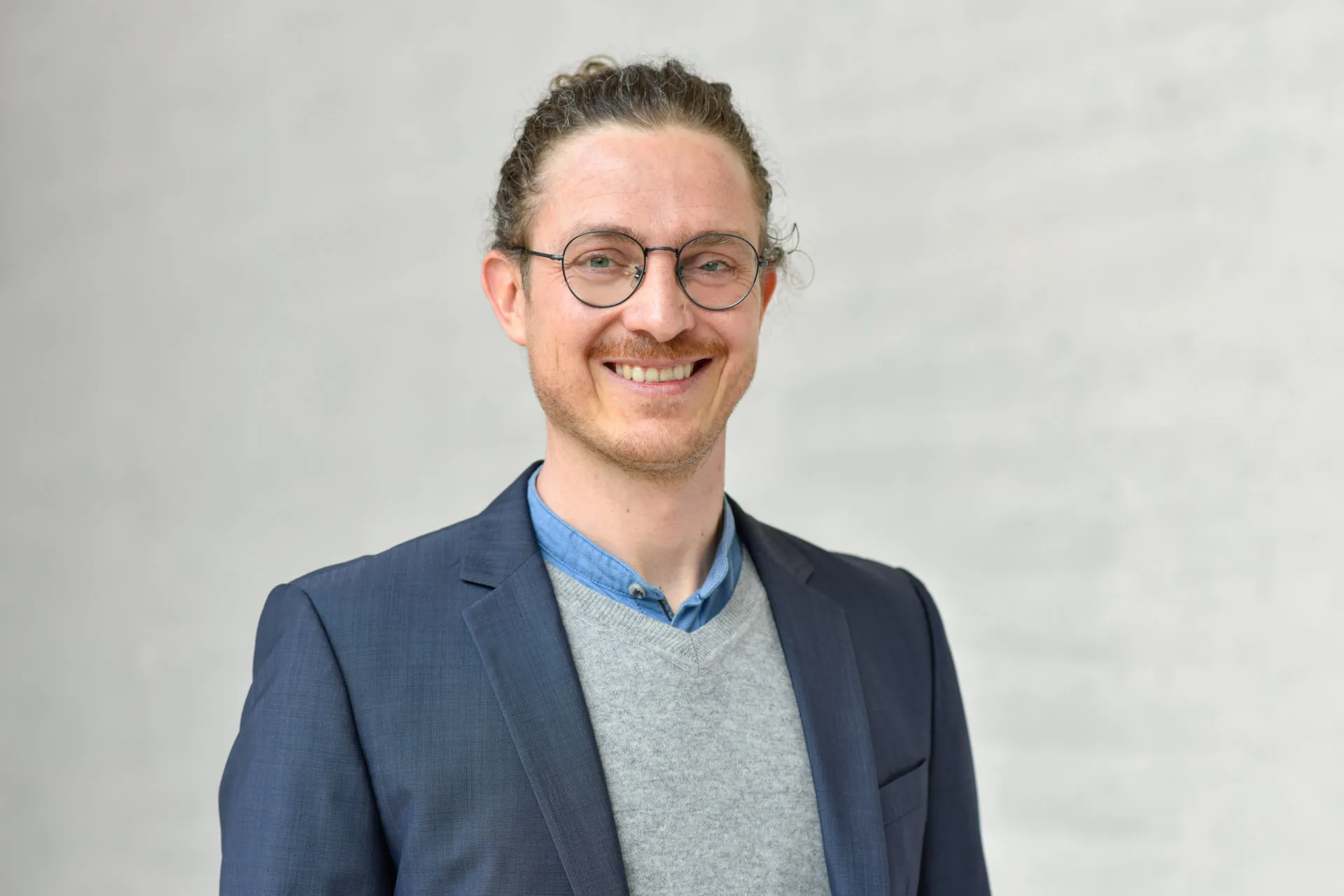Dr. Mathias Stein
Teamleader
CO₂-Sequestration and Soil Recultivation through Recycling of Mineral Residues

Vita
From 08/2024
Teamleader, Innovation Team B1: “CO₂ Sequestration and Soil Recultivation through Recycling of Mineral Residues” JTC & Chair of Soil Science and Soil Protection, Martin Luther University Halle-Wittenberg
03/2022 – 07/2024
Postdoctoral Researcher, Working Group Si-Biogeochemistry, Leibniz Centre for Agricultural Landscape Research (ZALF)
Sub-project lead within the Leibniz Collaborative Excellence project: “Amorphous silica in soils and plants improves drought stress tolerance of crops”
01/2017 – 02/2022
Research Associate, DFG-funded project: “Formation and properties of inorganic Si-contaminant compounds in soil” (DFG: GE 2917/1-1) | Department of Soil Chemistry and Pedology, Institute of Soil Science and Land Evaluation, University of Hohenheim | Recipient of Poster Award at the German Soil Science Society (DBG) Conference 2017
01/2017 – 02/2022
PhD Candidate. Department of Soil Chemistry and Pedology, Institute of Soil Science and Land Evaluation, University of Hohenheim. Thesis: Formation and properties of inorganic Si-contaminant compounds
10/2014 – 09/2016
M.Sc. Management of Natural Resources. Martin-Luther-University Halle-Wittenberg. Thesis: Black Carbon Assessment using Fourier Transform Infrared Spectroscopy Partial Least Square Chemometrics
09/2011 – 09/2014
B.Sc. Management of Natural Resources. Martin-Luther-University Halle-Wittenberg. Thesis: FTIR-Spektroskopie zur Bestimmung von Black Carbon Gehalten in Bodenproben
2004
High school diploma, Gymnasium Martineum Halberstadt.
Further information
Looking ahead, society is facing enormous challenges due to global change. In this context, soils will be more than just a natural resource—they’ll be essential to our survival. Every square meter will count.
Team B1 is committed to playing their part in strengthening the resilience of soils in the face of global change—particularly those that have been severely degraded by open-cast lignite mining.